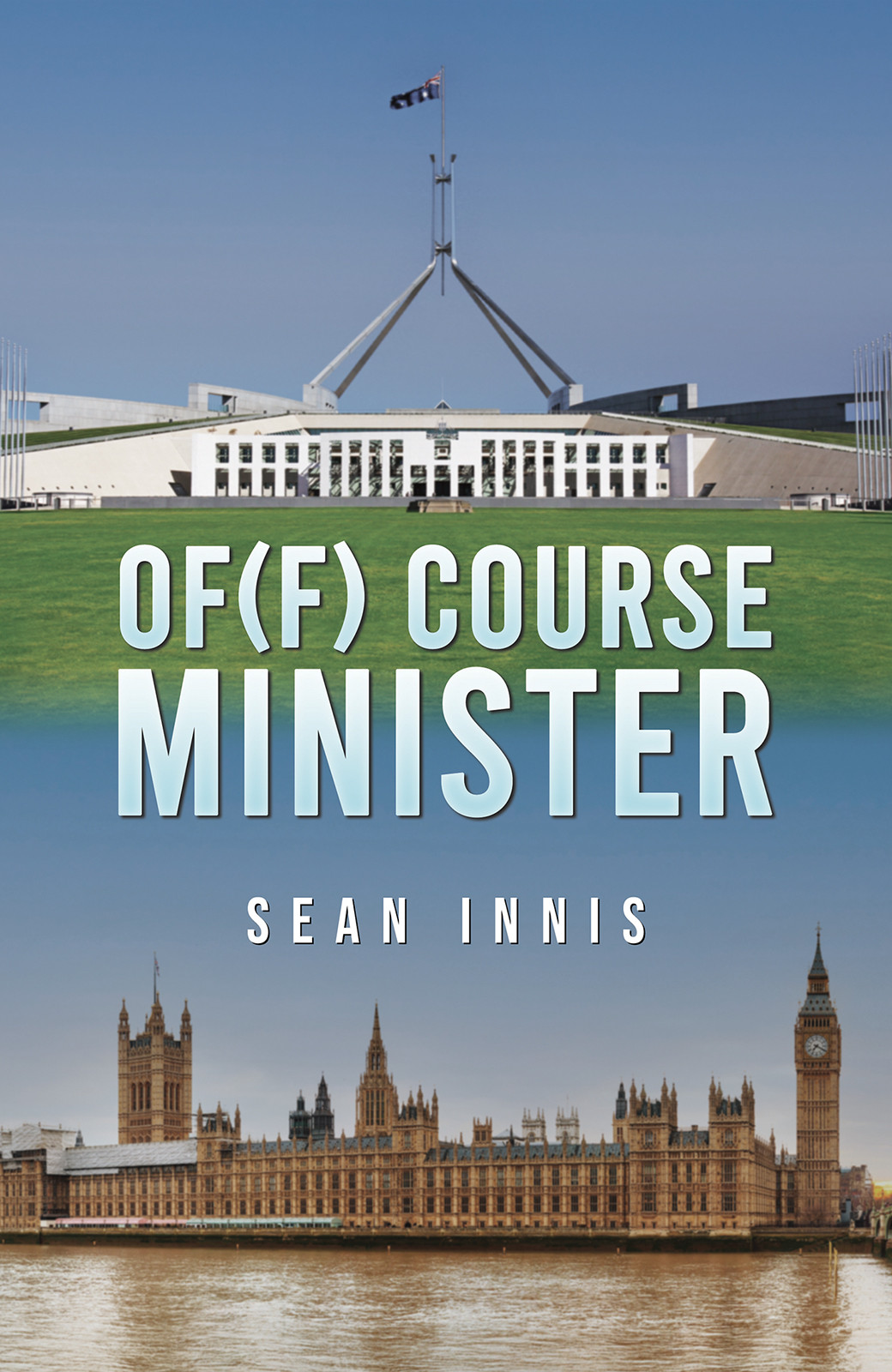Book Description
Responsible government is a simple idea. Under it, public servants are responsible to ministers, ministers are responsible to the parliament, and parliament to the people.
This simple idea underpins parliamentary democracies worldwide. Yet deep inside government, an awkward truth is emerging. Rather than supporting responsible government, the relationships between ministers, public servants and the parliament are undermining it.
Of(f) Course, Minister takes us behind the closed doors of one of the world’s most successful and stable democracies. It examines how a nation formed on Westminster principles is drifting away from the north star of responsible government. It explains why this is happening, what it means for the way government works, and what can be done about it.
Sean Innis brings a blend of insight and humour to his tale. The story he tells is uniquely Australian. But it is one which holds lessons for democracies everywhere.












